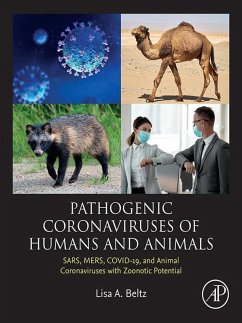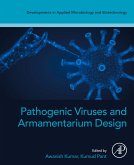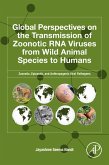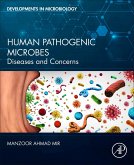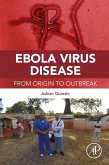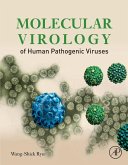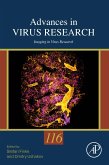The book's remaining chapters discuss coronaviruses with possible zoonotic transmission of domestic, semi-domestic animals and companion animals. It concludes with future perspectives of coronavirus mutations, modeling, protective measures and a discussion around pandemics and infectious diseases from around the globe.
- Covers SARS-CoV, MERS-CoV and SARS-CoV-2 as well as coronaviruses with possible zoonotic transmission of domestic, semi-domestic animals and companion animals
- Complements previous studies by bringing together information that compares human and animal coronaviruses
- Includes a glossary and coronavirus disease overviews of humans and animals
Dieser Download kann aus rechtlichen Gründen nur mit Rechnungsadresse in A, B, BG, CY, CZ, D, DK, EW, E, FIN, F, GR, HR, H, IRL, I, LT, L, LR, M, NL, PL, P, R, S, SLO, SK ausgeliefert werden.

